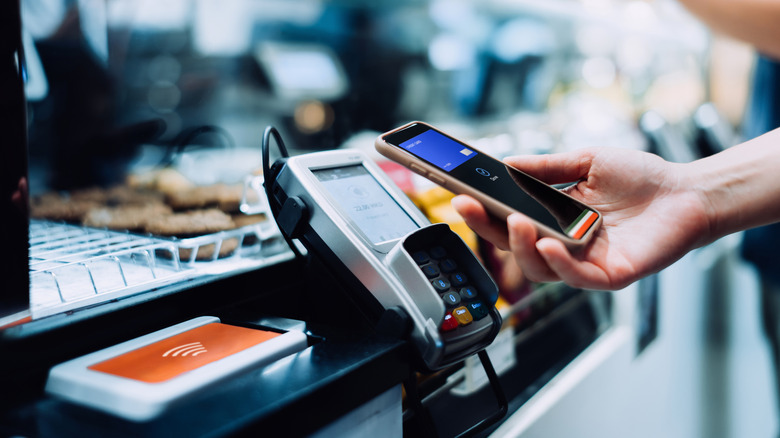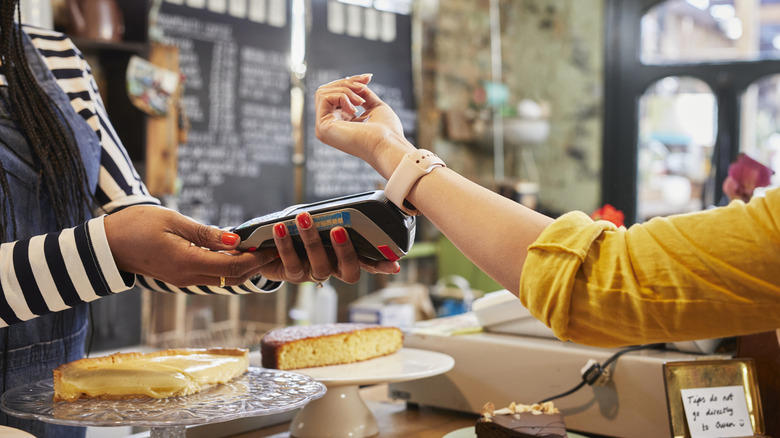The Future Of Digital Payments In 2025: Will Cash Be Completely Replaced?
Digital payments are taking over and it's happening fast. More people are choosing to swipe, tap, and click their way through transactions because it's super convenient and the tech behind it keeps getting better. Think about all the cool ways to pay now available: mobile wallets, tap-to-pay cards, scanning QR codes, and even using digital currencies. Society has reached the point where it's no longer necessary to pay over the phone or with cash. In the United States, artificial intelligence is enhancing the speed of these transactions.
The shift to digital payment accelerated when COVID-19 hit and everyone started dodging cash in a bid to keep germs at bay. The movement gained further momentum with the launch of FedNow , a service that lets payments zip through instantly, by the Federal Reserve in July 2023. This development suggests cash might soon take a back seat in financial transactions as all the tech and convenience are pushing us towards a future where digital is the way to go for money matters.
Now, both the tech-savvy financial companies and the old-school banks are in a race and a partnership. They're creating easy-to-use digital platforms that work for everyone, whether you're paying for a coffee down the street or sending money across the globe. It's all about making it simple and safe for everyone, everywhere. Looking ahead to 2025, it looks like digital payments won't slow down.
Barriers to going cashless
A strong internet connection is required for digital payments. But unfortunately, it's not available everywhere. The United Nations reports that in 2022, 37% of the world — about 2.9 billion people — had never used the internet. In rural and underserved areas, sketchy network coverage makes it hard for folks to maximize the use of digital payment platforms, which just makes the digital divide even bigger.
Besides, the more we rely on digital transactions, the more enticing targets we become for cybercriminals. According to the Association for Financial Professionals' Payments, Fraud and Control Survey in 2023, 65% of organizations reported falling victim to payment fraud attacks. These risks still exist even with the introduction of measures like end-to-end encryption, two-factor authentication (2FA), and blockchain step-up to secure transactions.
Going cashless isn't just a tap and go — it's a big investment for businesses. Setting up digital payment systems that are both smooth and secure can run up a tab. For small businesses, especially in developing regions, this tech transition can be a tough climb. They face issues like sketchy internet, steep transaction fees, and a gap in digital know-how. The World Bank points out that small and medium-sized businesses in places like Sub-Saharan Africa, Southeast Asia, and parts of Latin America really feel the pinch from these hurdles. Trying to jump into the digital deep end is hard when your resources are more like a kiddie pool.
Potential scenarios for 2025
A recent peek by the Federal Reserve Bank of San Francisco's "FedNotes" revealed a dip in cash use among businesses in the U.S. As of 2022, via Rehmann, just 18% of business-to-consumer transactions were done in cash. That's down from 26% in 2019 and a whopping 40% in 2012. This trend is super noticeable in busy spots like sports stadiums and restaurants, where quick and easy is the way to go. But if we truly want to embrace a cashless future, it will lean heavily on government rules, tech advances, and the world's economic vibes. Governments would have to play nice with each other to keep transactions that cross countries safe, speedy, and clear.
Globally, the economy still shapes where digital payments are headed. A prosperous market means more businesses and shoppers take the easier way to process mass sales. By 2025, we might see a cool mix where cash transactions occur alongside digital payments — a hybrid model that caters to everyone's needs. Why keep cash in the game? Well, for small vendors who make just a little profit, those high fees on digital platforms are a deal-breaker. There are also some things you should never buy online. Plus, when you need things kept hush-hush, cash is still king.


